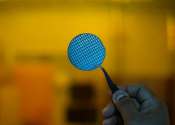Using a GAN architecture to restore heavily compressed music files
Over the past few decades, computer scientists have developed increasingly advanced technologies and tools to store large amounts of music and audio files in electronic devices. A particular milestone for music storage was ...









